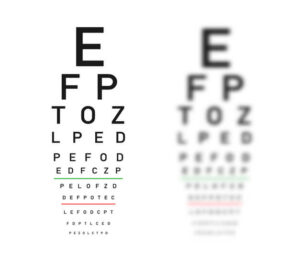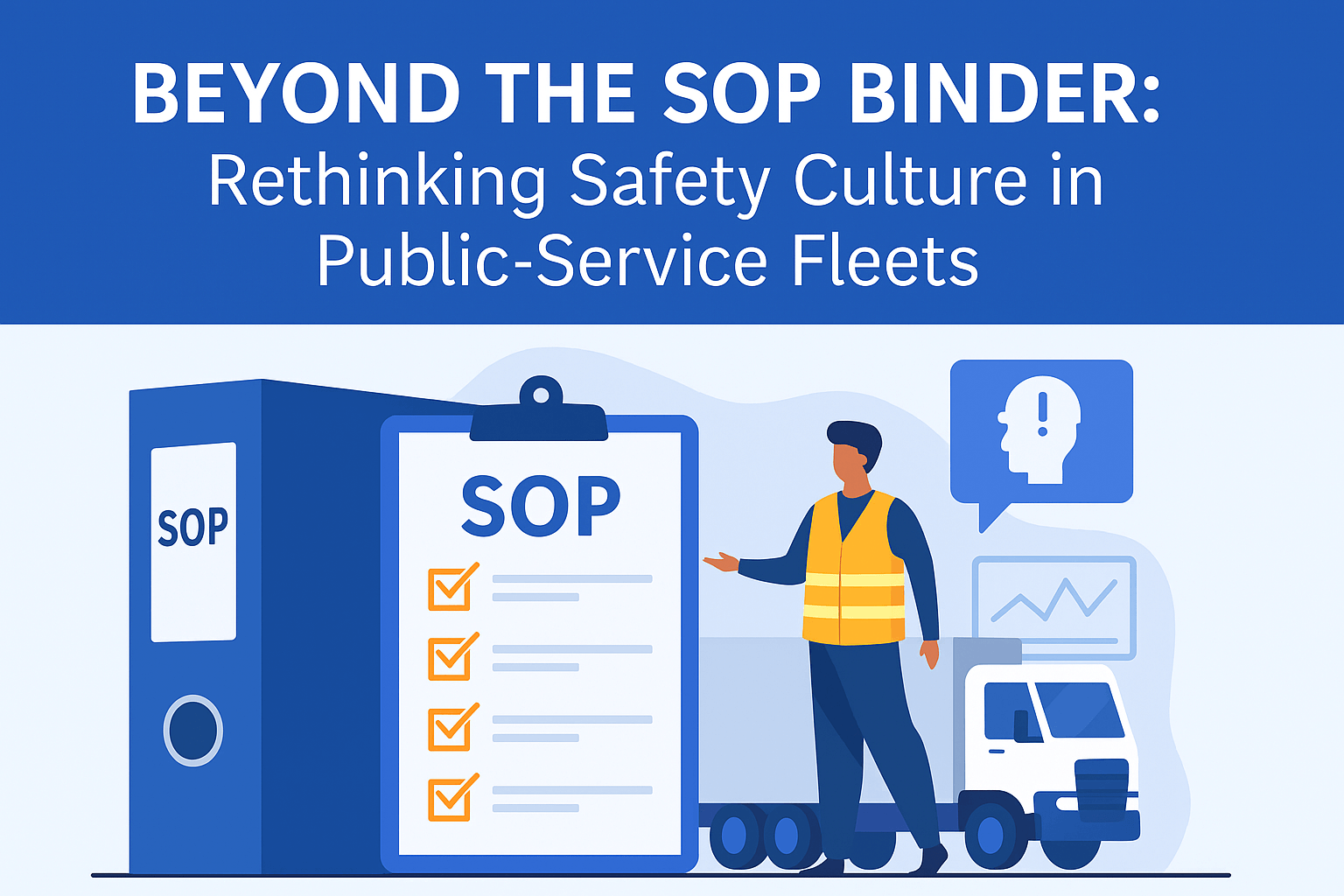
The open road can be both rewarding and challenging for commercial drivers. Ensuring that drivers are physically and mentally fit to handle the demands of operating commercial vehicles is crucial for everyone’s safety. With recent advancements in technology and medicine, the standards for obtaining a Commercial Driver’s License (CDL) have evolved, and understanding these requirements is essential for both drivers and their employers. So, are you ready to navigate the world of CDL medical requirements in 2023?
Let’s embark on a journey to explore the CDL medical requirements, disqualifying medical conditions, medication restrictions, and how to stay compliant with these regulations. Along the way, we’ll also discover the impact of lifestyle choices on CDL medical requirements and the crucial role employers play in ensuring CDL medical compliance.
Key Takeaways
- CDL drivers must meet strict medical requirements, including vision and hearing standards, blood pressure/heart health checks and more.
- Navigating DOT physical exams requires preparation for accuracy & legitimacy of the exam.
- Employers are responsible for ensuring CDL compliance to maintain road safety & avoid penalties.
Understanding CDL Medical Requirements

The safety and well-being of commercial drivers are at the forefront of the Department of Transportation’s (DOT) regulations. The DOT enforces rigorous CDL medical requirements to ascertain drivers’ physical and mental fitness and ensure they’re fit for the job. These requirements are evaluated during the DOT medical exam, which includes collecting medical history, measuring height, weight, blood pressure, vision, and hearing, and conducting a general physical health evaluation.
Individuals wishing to operate commercial vehicles must undergo a DOT physical exam every 1-2 years throughout their career. Given their responsibility for transporting passengers, hazardous materials, and heavy loads, CDL drivers must maintain good health and comply with DOT physical requirements.
Vision Standards

Visual acuity is a critical factor in ensuring the safe operation of commercial vehicles. The minimum visual acuity requirement for CDL drivers is 20/40 vision in each eye, with or without corrective lenses. In addition to acuity, peripheral vision plays a crucial role in maintaining overall situational awareness. CDL drivers must have a peripheral vision of at least 70 degrees in both eyes.
To obtain a Vision Evaluation Report, a licensed ophthalmologist or optometrist must perform an eye examination that includes visual acuity, field of vision, and recognition of colors. When attending your DOT physical exam, having this report, along with any necessary letters and medical records, is a must.
Hearing Standards
The ability to hear and react promptly to auditory cues is vital for safely operating commercial vehicles. CDL drivers must pass the forced whisper test, which requires them to hear a forced whisper in their best ear at a distance of no less than five feet, with or without a hearing aid. If the forced whisper test is inconclusive, an audiometry test may be required to accurately assess a driver’s hearing capabilities.
For CDL drivers who require hearing aids, it is possible to pass the DOT physical as long as the hearing aid is worn while operating the vehicle. CDL drivers must maintain optimal hearing health to ensure they can respond quickly to potential hazards on the road.
Blood Pressure and Heart Health
Blood pressure and heart health play a significant role in CDL drivers’ overall well-being. A blood pressure reading of 140/90 or lower is required to successfully pass the DOT physical exam. Healthy blood pressure levels are a prerequisite for CDL drivers to ensure they can safely operate commercial vehicles.
Lifestyle choices and underlying health conditions, such as high blood pressure, can affect blood pressure and heart health. Drivers with insulin-treated diabetes must comply with physical requirements and obtain medical recertification annually to maintain their CDL. Advanced practice nurses can play a crucial role in helping these drivers manage their health.
Additionally, a sleep apnea test may be required in addition to a physical examination to diagnose potential sleep disorders that could impact a driver’s overall health.
Disqualifying Medical Conditions

Certain medical conditions can disqualify an individual from obtaining a CDL, as they may interfere with their ability to drive safely. Some of the medical conditions that can disqualify someone include:
- Vision and hearing impairments
- Epilepsy
- Hypertension
- Heart or respiratory conditions
- Diabetes
- Sleep and psychiatric disorders
- Alcoholism
- Drug abuse
Such issues should always be medically assessed to determine eligibility for certain activities.
Drivers and employers need to be knowledgeable about these disqualifying conditions and take the necessary precautions to ensure the safe operation of commercial motor vehicles. Addressing these health concerns in a timely manner can help drivers stay compliant with CDL medical requirements and contribute to overall road safety.
Navigating DOT Physical Exams
For CDL drivers and their employers, being well-versed with the process and requirements of a DOT physical exam is important. The DOT physical consist of various tests to assess the driver’s physical and mental fitness, and the dot physical cost may vary depending on the provider and location.
To prepare for the exam, ensure that you have all necessary documentation, including your medical history, vision evaluation report, and any relevant letter and medical records. Knowing what to expect during the examination and how to address any potential issues can help streamline the process and save time.
Medication Restrictions for CDL Drivers

CDL drivers must abide by strict medication restrictions to ensure their safety and the safety of others on the road. The use of Schedule I controlled substances, including marijuana even with a prescription, and any other scheduled drugs without a valid prescription is prohibited.
It is the responsibility of CDL drivers to report any medications or supplements they are taking to medical examiners during their DOT physical exam. CDL drivers must adhere to these medication restrictions to maintain their license and ensure safe operation of commercial vehicles.
Exemptions and Waivers
In some cases, exemptions and waivers may be available for certain disqualifying medical conditions if a doctor deems it safe for the individual to operate a commercial vehicle. The Federal Motor Carrier Safety Administration (FMCSA) may grant an exemption or waiver to drivers with disqualifying medical conditions, provided they can provide a statement from their doctor confirming that it is safe for them to drive.
Drivers with disqualifying medical conditions should collaborate closely with their healthcare providers and keep themselves informed about potential exemptions and waivers. This could enable them to maintain their CDL and continue operating commercial vehicles.
Finding a Certified Medical Examiner
Finding a certified medical examiner is vital to guarantee the legitimacy and accuracy of your DOT physical exam. CDL drivers can locate a certified medical examiner for DOT physicals by consulting the FMCSA’s National Registry or by reaching out to specialized service providers. Certified medical examiners listed on the FMCSA’s National Registry are qualified to perform DOT physical exams.
By choosing a certified medical examiner, you can ensure your DOT physical exam, also known as a physical examination, is conducted by a professional experienced in assessing CDL drivers’ health and fitness and meets all the necessary requirements.
Staying Compliant with CDL Medical Requirements

CDL drivers must remain compliant with CDL medical requirements by regularly undergoing DOT physical exams and staying abreast of any regulatory changes. Addressing any health issues that may arise and working closely with healthcare providers can help drivers maintain their CDL and operate commercial vehicles safely.
Employers also play a crucial role in ensuring their drivers’ compliance with CDL medical requirements. They should be proactive in arranging DOT physical exams, drug tests, and verifying that their drivers meet all necessary requirements. Cooperation between drivers and their employers is vital for maintaining a safe and compliant work environment.
The Impact of Lifestyle Choices on CDL Medical Requirements
Lifestyle choices can significantly impact a driver’s ability to meet CDL medical requirements and pass a DOT physical exam. Maintaining a balanced diet, engaging in regular physical activity, and avoiding substance use can help drivers achieve and sustain a healthy weight, lower their blood pressure, and reduce the risk of developing chronic conditions.
Substances like coffee, tobacco, and energy drinks can raise blood pressure by up to 20 points, potentially affecting a driver’s ability to pass their DOT physical exam. CDL drivers must make conscious lifestyle choices and address potential health risks to remain compliant with medical requirements and ensure their safety on the road.
The Role of Employers in CDL Medical Compliance
Ensuring CDL medical compliance for their drivers rests heavily on the employers. They must guarantee that their commercial drivers meet the medical requirements set by the Federal Motor Carrier Safety Administration (FMCSA) by arranging regular medical examinations and providing the necessary documentation to the state driving records, including commercial motor vehicle certification.
Failure to comply with CDL medical requirements can result in fines, suspension of operating authority, and other penalties for employers. A proactive approach to their drivers’ medical compliance allows employers to contribute to overall road safety and uphold a strong industry reputation.
Summary
Navigating the world of CDL medical requirements in 2023 can be challenging, but with the right knowledge and preparation, both drivers and their employers can ensure compliance and safe operation of commercial vehicles. From understanding the CDL medical requirements, including vision, hearing, and blood pressure standards, to addressing disqualifying medical conditions and medication restrictions, being proactive in maintaining good health is essential for every commercial driver.
Staying compliant with CDL medical requirements, finding a certified medical examiner, and making conscious lifestyle choices all contribute to a safer and more efficient driving experience. By working together, drivers and employers can uphold the highest standards of safety and professionalism in the commercial driving industry.
Frequently Asked Questions
What are the new DOT blood pressure guidelines for 2023?
From February 21, 2023, drivers must have a blood pressure (with or without medication) at or below 140/90 to receive a two-year certification.
Hearing aids are also allowed during the test.
What do they test in urine for DOT physical?
The DOT physical includes a urine test to screen for cocaine, amphetamines, opioids, THC, marijuana, and PCP. If the driver tests positive for any of these drugs, follow up may be required to determine if there is an alternative explanation.
Can you pass a DOT physical with high blood pressure?
If your blood pressure rises above 140/90, you must take steps to keep it below that in order to pass the DOT physical exam.
If it rises above 180/110, you will fail the exam, but if you are able to reduce it back under 140/90 you can reapply.
What are the basic CDL medical requirements?
To obtain a CDL license, drivers must meet the minimum vision, hearing, and blood pressure standards determined by a DOT medical exam.
How often do CDL drivers need to undergo a DOT physical exam?
CDL drivers need to undergo a DOT physical exam every 1-2 years in order to stay current.
This is an important requirement for all CDL drivers, as it ensures that they are physically fit to drive and that they are aware of any potential health issues that could affect their ability to drive safely.







